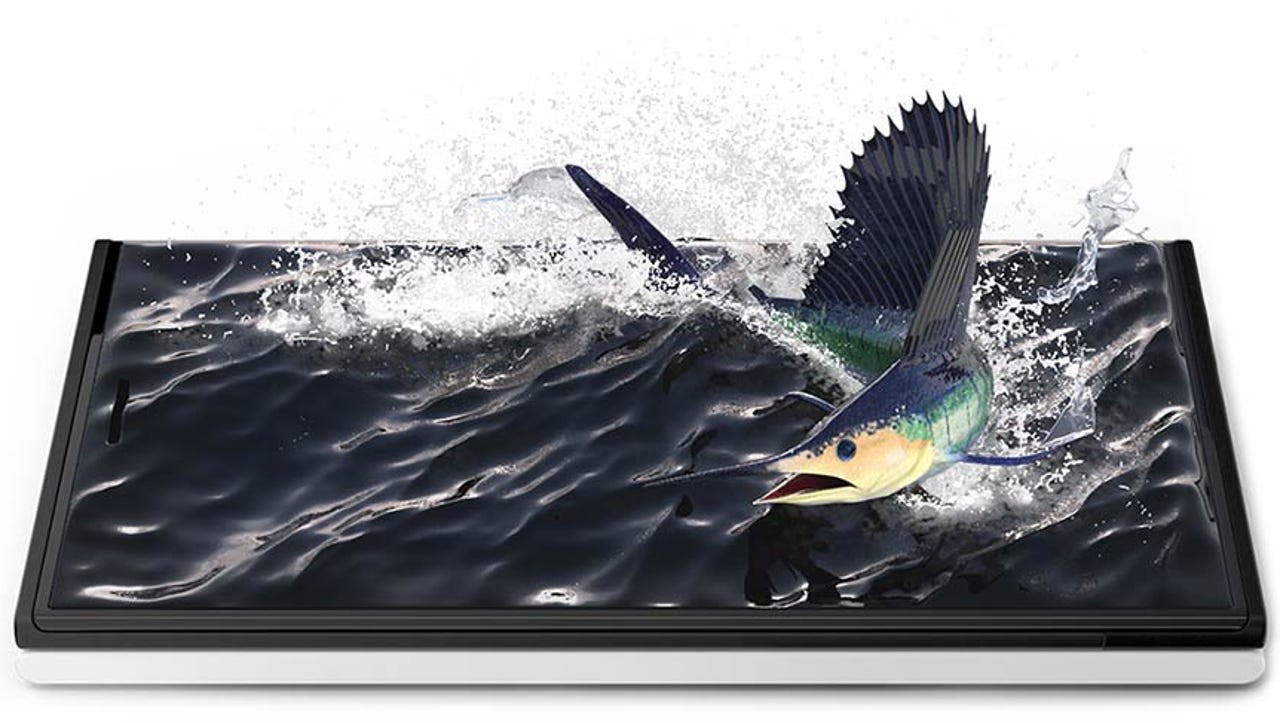Nokia MeeGo reborn: Jolla's Sailfish OS emerges as Russia's anti-Android choice


Jolla has given up making handsets and tablets to focus on the Sailfish OS as an open alternative to Android.
Jolla's Sailfish OS has been officially designated as an alternative mobile OS for use by Russia's government agencies and state-owned corporations.
The new status crystallizes a relatively new strategy for Finnish mobile-platform maker Jolla, which took the reins of the MeeGo brand after Nokia abandoned it for Windows Phone.
Jolla has given up making tablets and handsets to focus on the Sailfish OS as an open alternative to Android, a goal that chimed with Russia's attempts to wean agencies off US tech while promoting local software and open-source developers.
Microsoft, IBM and Oracle haven't fared so well under Russia's new direction for tech, but it's slowly opened up new doors for Jolla.
Just last month politicians were drafting a new bill that would prevent agencies buying even Russian software if it was based on foreign, proprietary frameworks, such as IBM's WebSphere or Microsoft's ASP.net.
But that same trend has opened up new doors for Jolla. Last year, Russia's Ministry of Communications picked Sailfish OS over Samsung's Tizen OS as the most open platform and a potential candidate for use within government agencies.
Reports that Russia wanted to build its own OS were overblown, with Jolla eyeing an opportunity to simply integrate the Sailfish OS codebase with a Russian service. Jolla has now accomplished this goal via a partnership with Russian firm Open Mobile, a new venture bankrolled by Russian businessman, Grigory Berezkin.
Basically, Jolla is licensing its OS to Open Mobile Platform, which will customize the Sailfish for the Russian market.
"Our solution is based on open-source code and contribution models with partners, which makes it possible to ramp up local systems effectively in six months. We have now done this in Russia with a local partner and using this experience we are looking forward to ramping up similar projects in other countries," Jolla CEO Sami Pienimäki said.
According to Jolla, Sailfish is the first mobile OS to receive approval for use in "upcoming mobile device projects".
While government approval is a major vote of confidence for Sailfish, as a mobile platform its backers still have their work cut out. Potential obstacles include gaining support for Sailfish OS both from device makers and developers.
It proved too much for Microsoft and BlackBerry to draw developer time from Android and iOS. Jolla says Open Mobile Platform is "rapidly building" developer support for Sailfish OS in Russia.
"We are actively recruiting partners and developer community members to take the initiative to new heights in Russia," Open Mobile Platform CEO Pavel Eyges said.
In an interview with Vedomosti in May, Berezkin, who is Open Mobile Platform's president, said he was in talks with manufacturers to produce a low-cost smartphone running on Sailfish OS, which wouldn't compete with premium phones.
The head of Lenovo Russia, Gleb Mishin, told the paper Lenovo was open to discussing a partnership with Jolla and Open Mobile Platform.
According to Vedomosti, Berezkin confirmed he'd invested in Jolla.
Jolla has also started discussions in China and South Africa about building local mobile OS ecosystems for the countries.